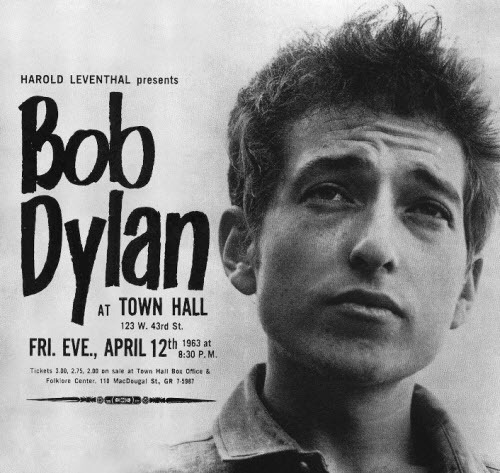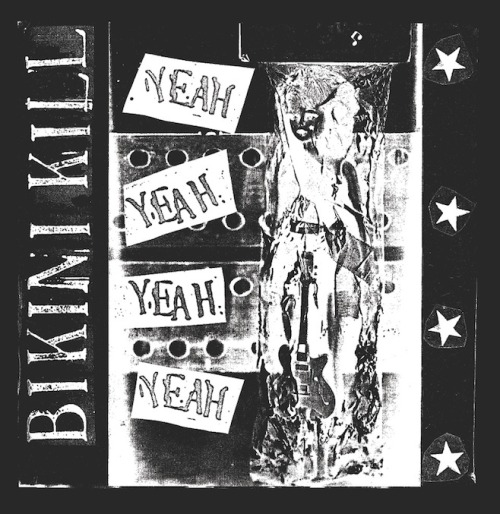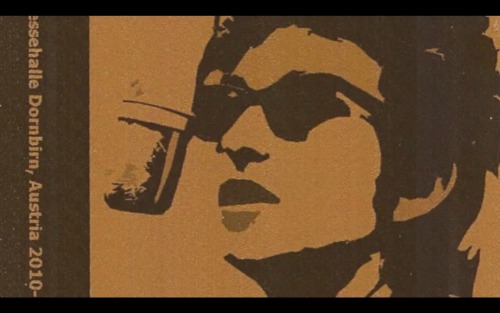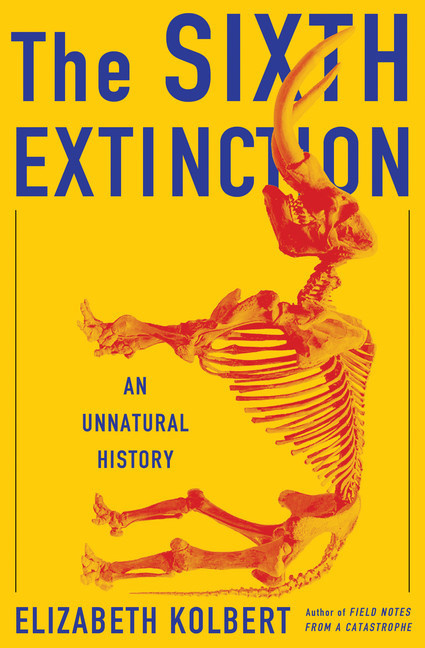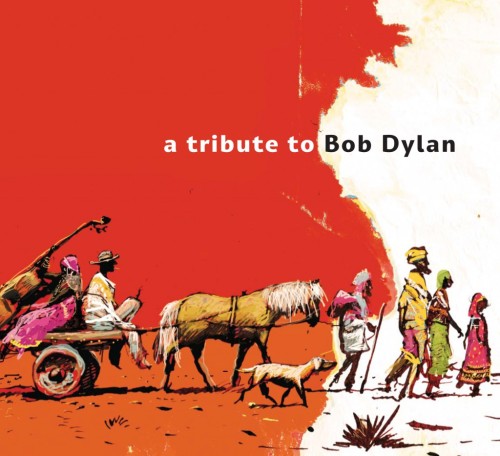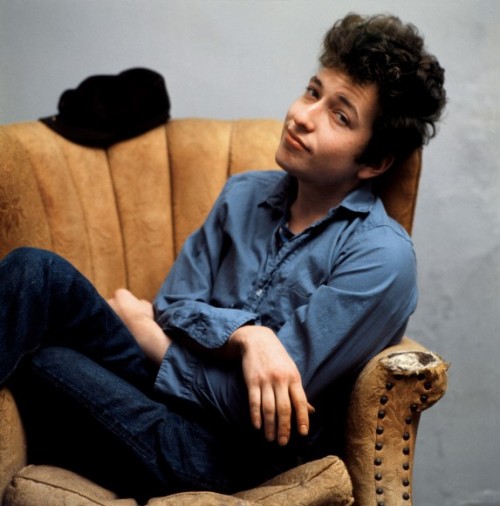
Fifty-two years ago, Bob Dylan appeared at Gerde’s Folk City. He’d been playing there since 1961 when, on April 11, he played Gerde’s for the first time.
What’s important about the April 16, 1962 gig is that some of it was recorded, and the recordings are tremendous. They’re great in and of themselves, but it’s also fascinating to get another earful of an artist in transition. And with Bob Dylan, he’s always in transition.
These songs appeared on an official album released by Sony two years ago. They’re on the The 50th Anniversary Collection: The Copyright Extension Collection, Volume 1. Of course that was released as a very limited edition so that Sony could prevent the recordings from entering the public domain in Europe.
Anyway, enjoy.
“Honey, Just Allow Me One More Chance”:
“Talkin’ New York”:
“Corrina, Corrina”:
“Deep Ellum Blues”:
“Blowin’ in the Wind”:
-– A Days of the Crazy-Wild blog post: sounds, visuals and/or news –
